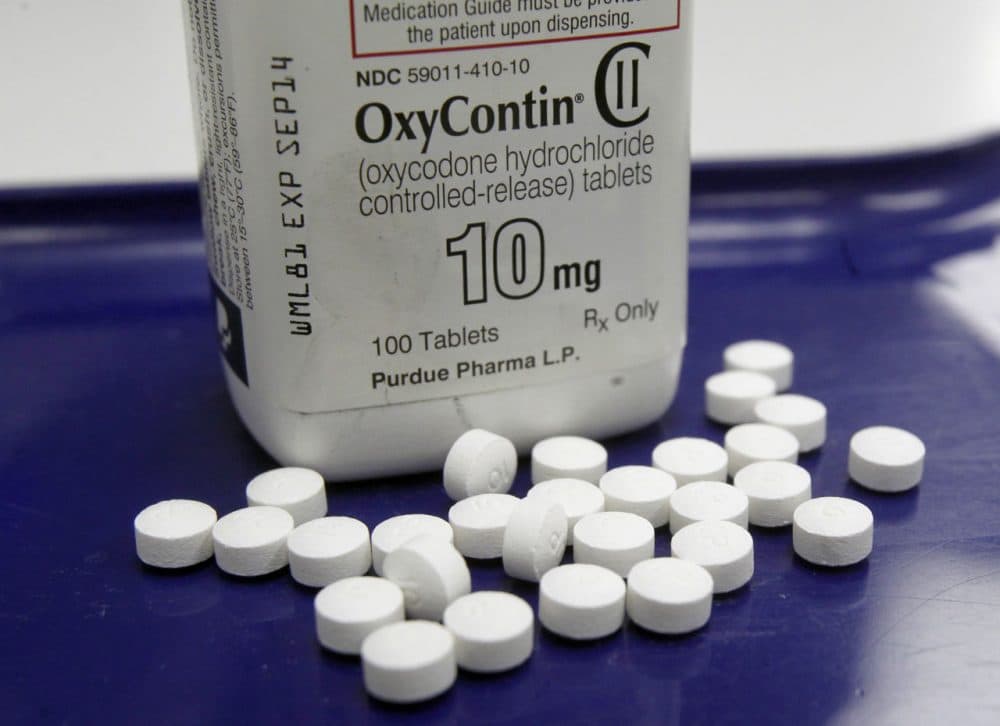Advertisement
A Different Approach to Combating Opioid Addiction
Resume
Dr. Carl Hart, associate professor of psychology and psychiatry at Columbia University, joins us to talk about his alternative approach to combating opioid addiction, one that includes legalizing and regulating all drugs. He argues that policy has been made based on anecdote and emotion, rather than scientific fact.
He explores this alternative approach in his 2014 book "High Price: A Neuroscientist's Journey of Self-Discovery That Challenges Everything You Know About Drugs and Society," and he gave a TEDMED Talk on the topic that same year.
Dr. Hart is speaking at a conference hosted by William James College on Tuesday. The conference is entitled "Opioid Crisis: Thinking Outside the Box."
Guests
Dr. Carl Hart, professor of psychology and psychiatry at Columbia University. He tweets @drcarlhart.
More
- "Contrary to the notion of the craven drug fiend who will do literally anything for one more hit, Hart found that half of cocaine and meth users opted for the money over the drugs. And when he increased the payments to 20 dollars, closer to 80 percent of meth users chose the money. The lesson? 'Attractive alternatives dramatically decrease drug use,' he said in his talk."
American Psychological Association, Monitor on Psychology: Paying a high price for the war on drugs
- "As scientists, we want to have a comprehensive understanding of whatever it is that we're interested in. But one trap that we get into in drug abuse science is that we look at the effects of drugs — on animals, people, the brain, whatever — from a very narrow perspective, the pathology of drug addiction. But that's just a small portion of the effects that drugs have."
- "But when I started to look more carefully, started looking at the evidence more carefully, it became clear to me that drugs weren’t the problem. The problem was poverty, drug policy, lack of jobs—a wide range of things. And drugs were just one sort of component that didn’t contribute as much as we had said they have."
Columbia College Today: The Truth Teller
- "Hart is not unsympathetic and says so, alluding to elements of his own history that the film touched on (drugs’ influence in the Miami neighborhood where he grew up as well as his oldest son’s involvement with them). But he is also aware of how emotion can color a conversation, and wants to refocus her attention — all of our attention, really — on the bigger picture: that years of exaggeration and misinformation about the effects of drugs have skewed public perception and negatively influenced government regulation."